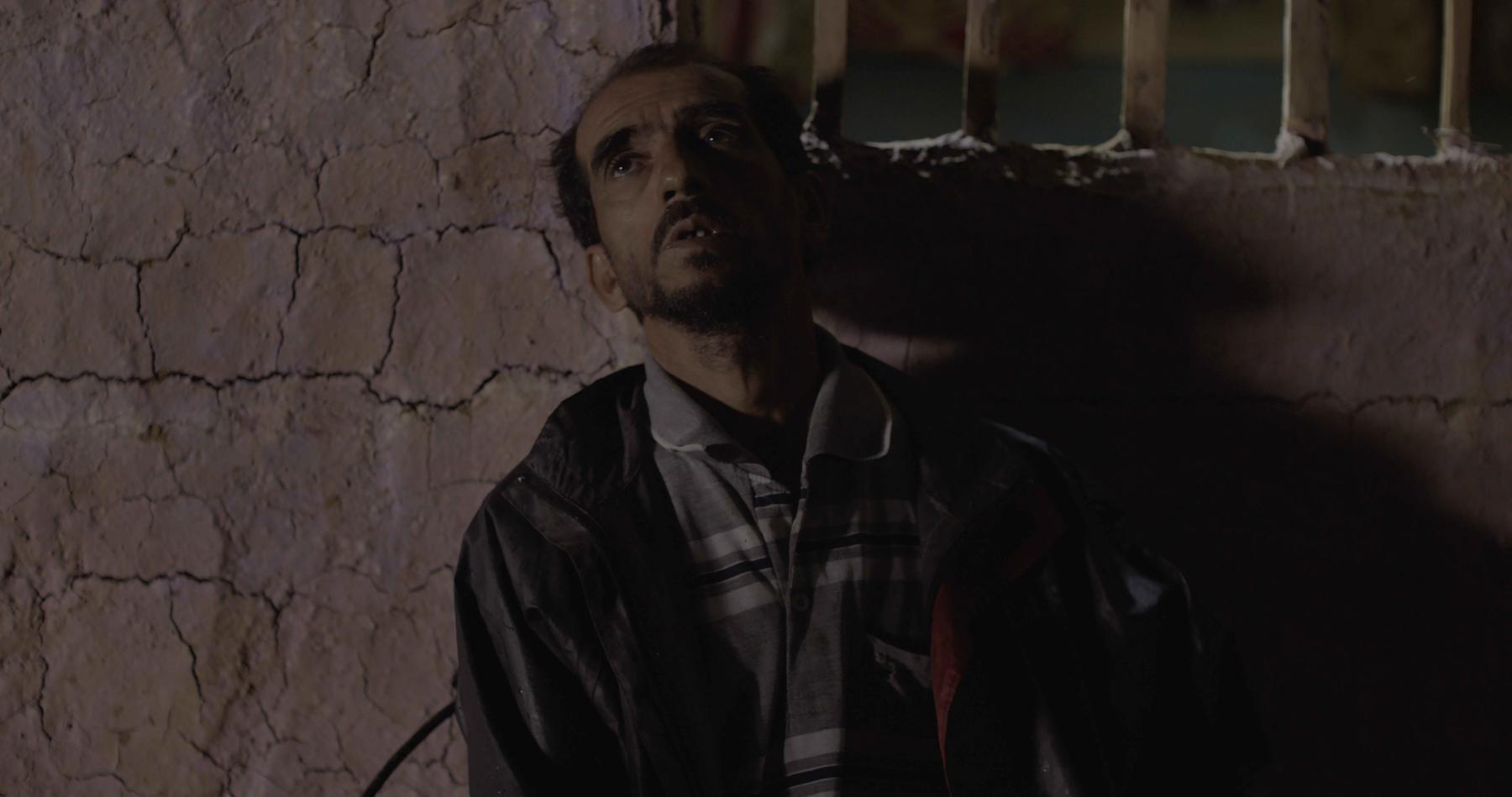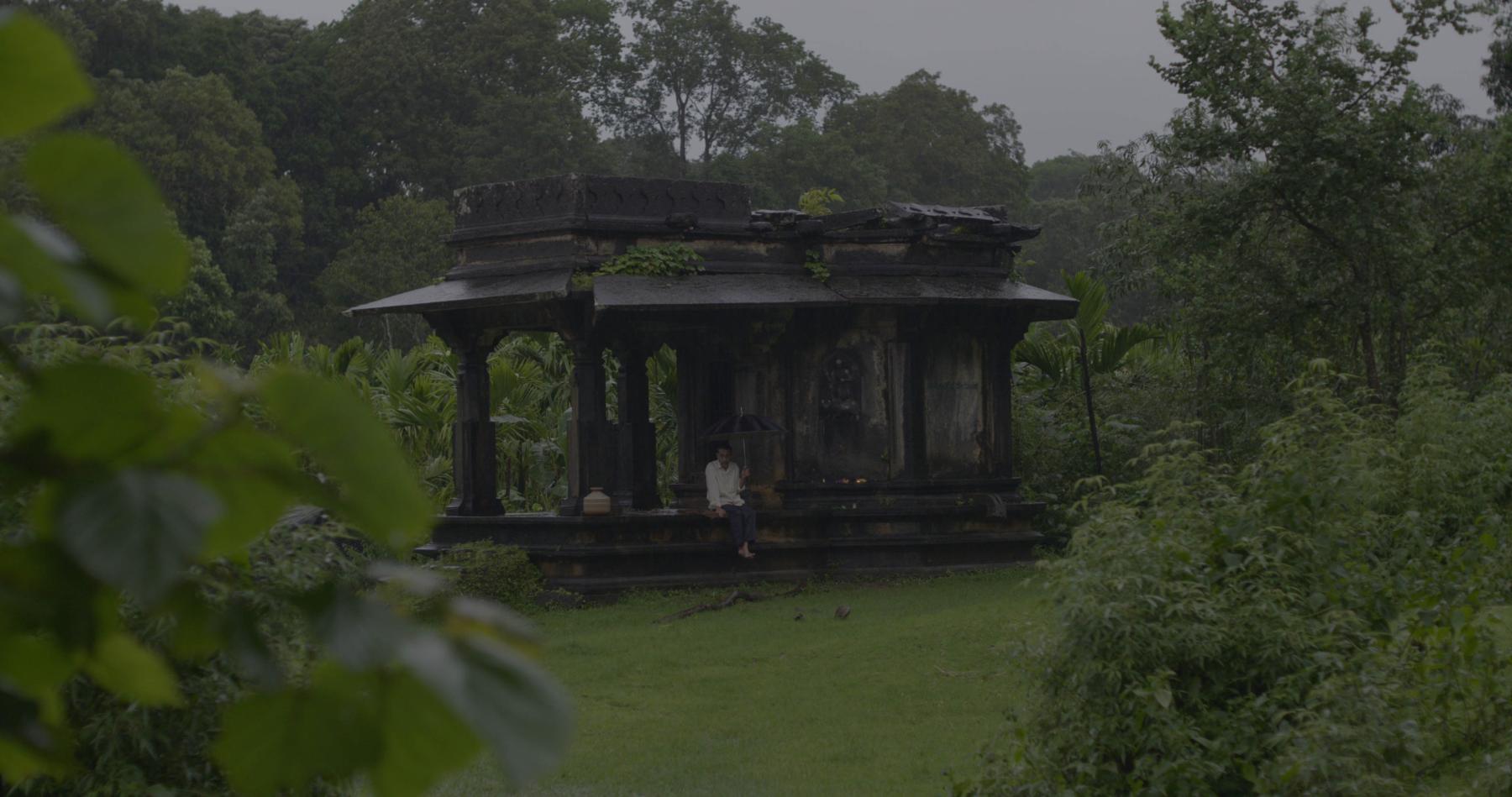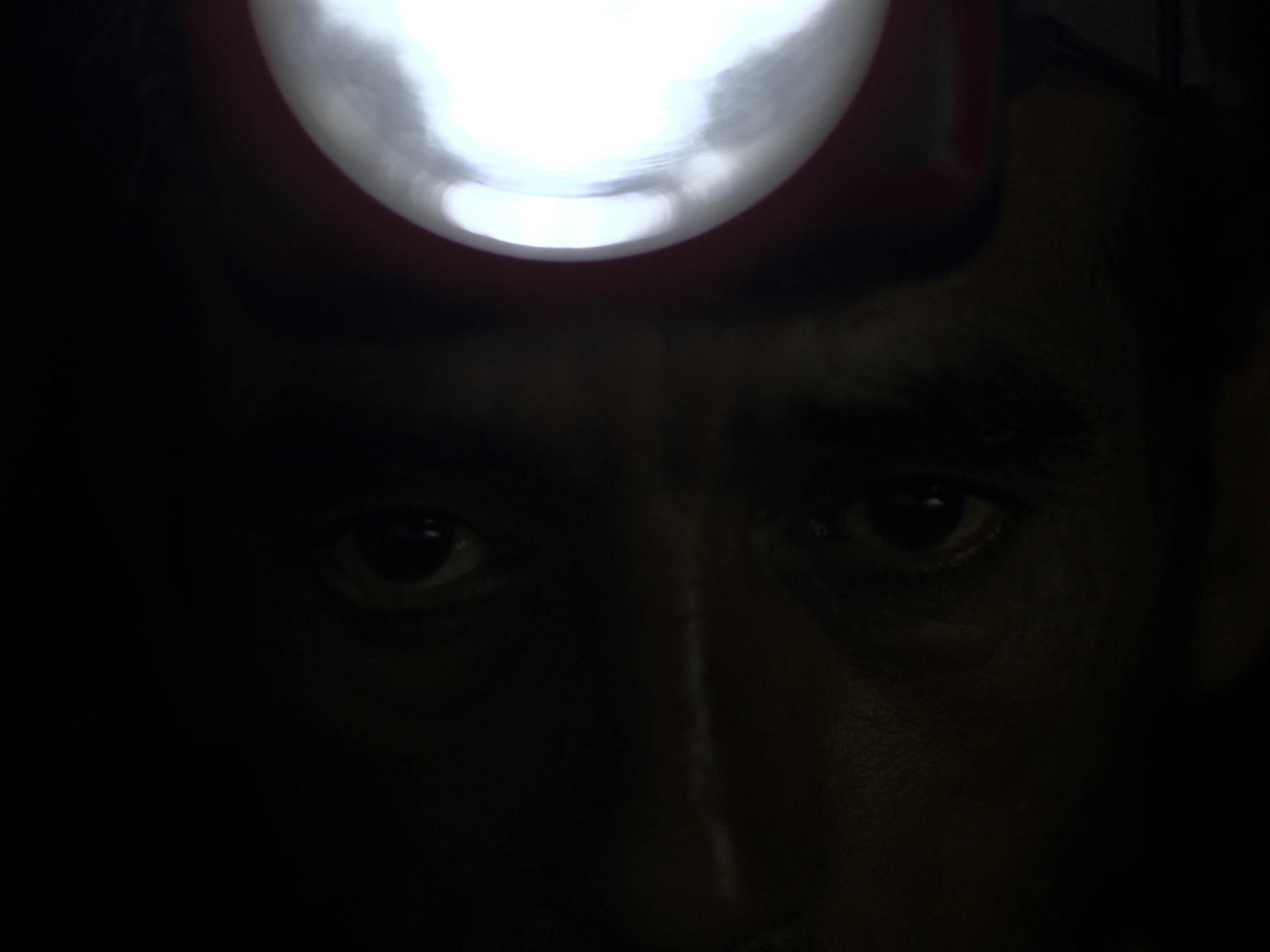Pedro: On Vigilante Pursuit and Its Persistence
Torturing and killing humans in response to the sale, smuggling, or slaughter of cows has become common to the point of seeming banal. In a country riding on the majoritarian wave, bovine worship has exceeded its Hindu symbolism to become a determinant of adherence to Hindutva nationalism. Additionally, the impunity that the perpetrators enjoy speaks to the growing and pervasive culture of this vigilante violence. Natesh Hegde’s Pedro (2021) approaches this simmering issue sideways, as it portrays accumulative instances of aggression following an incident of cow-killing.

The eponymous character works as an electrician in Kottalli village, Karnataka. He is also responsible for spraying pesticides on the farms belonging to an influential local named Hegde. This service, however, is not voluntary; Pedro is never asked for permission, and his service is assumed. While Pedro is not necessarily empowered in his choices, he holds a certain degree of power over his estranged brother, Bastyava. Due to irresponsible behaviour, Bastyava has been cast off by his family (and the village at large), including his mother, wife and child. This dynamic is established through an interesting use of the main entrance to the house—Bastyava is seen cursing at and banging on a closed door while the rest of the family listens on in silence, as if by habit. After a while, Bastyava leaves the scene out of exhaustion. This drawing of an inside/outside boundary is upturned towards the latter half of the movie when Pedro is rendered an outcast owing to his accidental killing of a cow while in a drunken stupor. Pedro is then seen engaging in the same behaviour as Bastyava once did, while the rest of the family remains passively huddled as they listen to his abuses.
With Pedro’s downfall, Bastyava’s position is bolstered in his family and society alike. It becomes apparent through the course of the film that a person has respect in this setting only in lieu of another person’s misery. It soon transpires that the family dynamics are controlled by Hegde, who has his own secret ties to the unit through illegitimate paternity. He is therefore restrained in his initial reaction to Pedro’s act of killing a cow on his farm, which the latter had mistaken for a wild boar. But the cow vigilantes are less forgiving, and covertly discuss eliminating Pedro’s existence altogether despite his utilitarian contributions to the village. Pedro attempts to assert himself through feeble acts of defiance, such as stealing a ring during an idol immersion. He also stabs the local barber when he refuses to give him a haircut. In the moment of refusal, the barber is seen grooming Bastyava, aptly demonstrating the power reversal between the brothers. Ultimately, Pedro meets a tragic end, brought on by a conniving society that would no longer entertain his tainted presence and persistence among their kin.

A thematic extension of the director’s short films Kurli and Distant, Pedro is a portrayal of relationships that are determined by caste (and by extension, class). It maps how ambitions are controlled, moulded and fated by select bodies in power. In the film, Hegde determines who holds power in the family while conveniently staying out of it himself. For instance, it was he who imposed the job of a farm-guard on Pedro in the first place, which ultimately brought on the latter’s social and psychological demise. He also verbally conferred social legitimacy on Bastyava once Pedro fled the village in fear of his actions. The juxtaposition of a bucolic geography with long shots that slowly unravel feudal manoeuvres especially drives the point home. The camera initially observes Pedro engaged in the acts of his occupation—tying ropes around tree trunks and inspecting electrical poles—only to then dismantle the steady pace with the intrusion of local avengers that actively labour to keep him away from his trades.

Fully ostracised, Pedro wanders around as damaged goods, demonstrating a rather pitiable lack of power to exercise agency against the strength of religious convictions. But one wonders if the ostracisation is a gradual iteration of an expectedly swifter reaction owing to Pedro’s religion and caste identities. Would someone with a Muslim surname even be allowed space for reckoning? Despite having drawn from formative observations of caste inequities in his village, the director’s choice of a Christian protagonist perhaps works to bypass a more familiar portrayal of cow vigilantism in the contemporary. Instead, it dissects the slow, interior processes by which a minority character withers in the face of social disquiet. However, this strategy does not undermine the horror of cow vigilantism or underplay its politics. Through Pedro’s circumstances, it precisely upholds a powerful, vernacular image of the harsh, insular dynamics of a village premised on conformism. In death by electric shock, Pedro ultimately becomes a spectral charge in the film, resonating across the village as both document and caution.
To read more about the films screening at the Dharamshala International Film Festival 2022, please click here.
All images from the film Pedro (2021) by Natesh Hegde. Images courtesy of the director and the Dharamshala International Film Festival.




